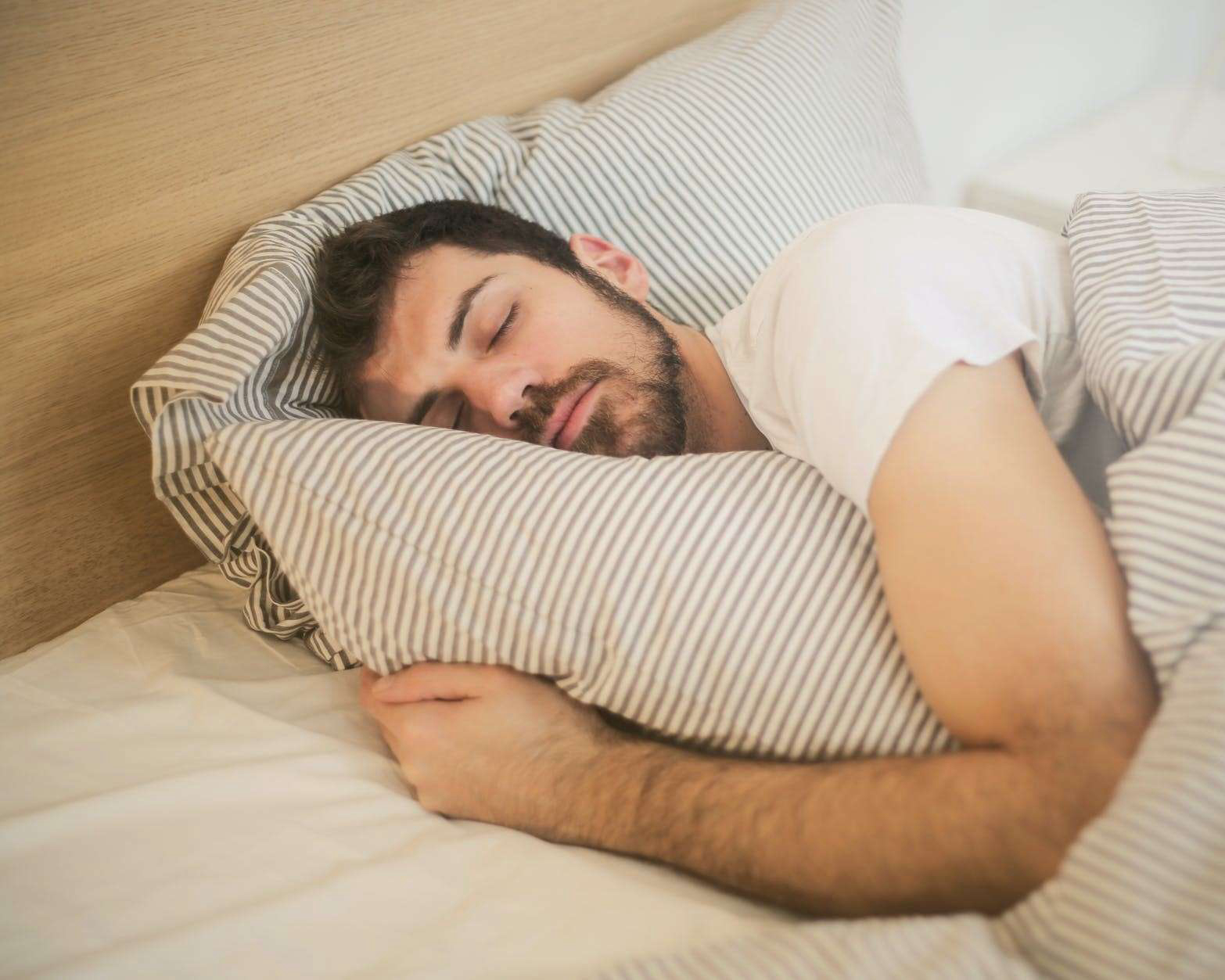
Today, many people are struggling with sleeping problems due to busy lifestyle, stressful situations and diverse eating habits. There is no fixed menu for eating for better sleep, but there are little changes you can make all day for a restful night. Instead of sipping caffeine every morning, reaching for sugary snacks every afternoon, and repeating this toxic cycle day after day, you can try these little changes to sleep more effectively and peacefully.
1. Avoid Caffeine and sugar!
Consuming more than 3-8 cups of caffeine a day may impact sleep because the body takes about 6 hours to metabolize caffeine. Thus, drinking or eating food with caffeine is not recommended within several hours of lights out. Similarly, sugar has been tied to sleeping issues A study at the University of California at San Francisco, indicates that it elevates blood sugar levels because sugar gives a temporary energy boost, it's best to avoid sugar and other processed food shortly before bed.2. Eat more carbs!
Several studies have suggested that the best snack before bed is one with complex carbs and a little bit of protein, such as cereal with milk or a small piece of whole-wheat bread. Eating the majority of carbohydrates helps in better sleep. A study in 2007, American Journal of Clinical Nutrition suggested that carb-rich dinner that included high-glycemic-index helps to sleep faster. Researchers speculate the insulin triggered by the high-glycemic meal leads to more sleep-inciting tryptophan in the brain.3. Take a sip of a soothing drink!
Several people talk about the soothing effects of chamomile tea, even though scientific study on the subject has been mixed. A 2011 research published in Journal Emotion suggests that hot drinks might help people feel less lonely and more secure, both factors that can contribute to a good night's sleep. Another study by Tufts University has also found that peppermint tea can be a digestive aid, implying it can help you drift off to sleep restfully.4. Include vitamin B in your diet!
Vitamin B is referred to as a support to turn on sleep-enticing fluids in the brain. A category of Vitamin B titled B6 found in food such as fish, chickpeas, chicken, and bananas help your body process tryptophan and turn it into sleep-enticing serotonin faster. Another B vitamin that supports your sleep is B3, it is naturally found in chicken, pork and peanuts. B3 is similarly known as niacin, and it is a common ingredient in herbal sleep aids.5. A glass of warm milk always helps!
“Drink a glass of warm milk before bed”, there's a reason this phrase has become so popular. According to a 2012 study published in Journal Nutrition, nutrients in milk like tryptophan and vitamin B may act as natural sleep aids. The tryptophan helps to make melatonin and serotonin in the body. Melatonin supports to regulate the sleep-wake sequence, and serotonin helps to regulate sleep, appetite and pain. To keep your sleep functioning normally, aim to consume 3-4 servings of low-fat or non-fat dairy each day.6. Some cherries before bed!
A study by the Journal of Medicinal Food in 2010 found that eating cherries or drinking cherry juice before bed is a nice way to cure sleeping problems. Some other studies have found that cherries are just as effective as taking melatonin, the hormone that encourages sleep. It is not just a healthy way to promote sleep, but cherries also add another serving of fruit to your day, and it is similarly a healthy choice for your diet._____________________________________
Reference:
- www.healthline.com
- www.sleepfoundation.org
- www.shape.com
Discus
